
The Prosecutor’s 180
Sometimes, a person feels that his case is open and shut, with complete success assured. Other times, he might feel that there are no chances of success. Both feelings are false…

A court case is a classic test of emuna. Like in any other challenging situation, remembering the three basic laws of emuna is the key to success – everything is from Hashem, it’s all for the best and it’s all for a purpose. Whether or not a person is guilty of wrongdoing in this world, by contractual, federal, or state law is immaterial; the fact that he or she is faced with a court case is an indication from Heaven of outstanding spiritual debits that need rectification.
One should know that the outcome of a trial or hearing is actually determined in Heaven. A person that appears in the flesh before a judge and/or jury is simultaneously being judged in the Heavenly Court, which scrutinizes the individual’s credits and debits. Once the Heavenly decision is reached, Hashem subsequently instills the “upstairs” verdict in the hearts of the judge and/or jury members in the “downstairs” courtroom.
Even though a person tries his or her best to succeed in court by hiring the best legal counsel, seeking the best witnesses and evidence, and carefully preparing arguments, a true believer knows that one can’t fool the Heavenly Court. No fast-talking attorney can alter the truth of one’s deeds or misdeeds as recorded in the Heavenly Court register. The verdict upstairs will dictate the verdict downstairs. Therefore, to win a court case, one’s plea bargaining should be first and foremost with Hashem.
Sometimes, a person feels that he or she has an open-and-shut case, with complete success assured. Other times, a person may feel that there are no chances of success. Both feelings are false; he doesn’t know whether he is innocent or guilty in the Heavenly Court, and that is what dictates the verdict down  here on earth. Even if the defendant is innocent according to the local law, if there’s a stern judgment Above, he’ll be found guilty below. Therefore, the best way to prepare for any day in court is to carefully examine oneself, confess any and all wrongdoing to Hashem, express remorse for one’s sins, ask for Hashem’s forgiveness, rectify one’s actions, and make a firm commitment to improve from this point onward. Effective teshuva mitigates and even neutralizes stern judgments, and the individual will be found innocent of charges.
here on earth. Even if the defendant is innocent according to the local law, if there’s a stern judgment Above, he’ll be found guilty below. Therefore, the best way to prepare for any day in court is to carefully examine oneself, confess any and all wrongdoing to Hashem, express remorse for one’s sins, ask for Hashem’s forgiveness, rectify one’s actions, and make a firm commitment to improve from this point onward. Effective teshuva mitigates and even neutralizes stern judgments, and the individual will be found innocent of charges.
Even when a person makes a sincere effort of teshuva – something that will undoubtedly help one’s case or ease a severe verdict – he or she should be emotionally prepared to accept an unfavorable outcome. Who knows if his or her teshuva was sufficient enough to completely nullify the harsh judgment? So whatever the outcome, one must accept it with emuna.
Even a favorable verdict is a test of emuna. A person shouldn’t attribute it to luck, to the legal system, or to the attorney’s cleverness.
On the other hand, one’s emuna undergoes a special test in the face of a negative outcome or judgment, when found guilty or liable; this is the time to summon the power of emuna. The unfavorable decision is not the result of the other side’s superior lawyer, our lawyer’s mistakes, insufficient preparation, or untrue testimony. The judge and jury aren’t to blame either. Negative judgments in a flesh-and-blood litigation are the sole results of insufficient teshuva. The task at hand is to accept the court’s (Heavenly and earthly) decision lovingly and with emuna, and to increase one’s efforts of teshuva and prayer until the trouble is over.
When we make genuine heartfelt teshuva, we witness how Hashem turns a prosecutor into a counsel for the defense. We’ll enjoy the fruits of our efforts even in this world, as follows:
- We are spared from harsh judgments.
- By strengthening our emuna, we merit enhanced proximity to Hashem.
- We avoid slander, anger, frustration, bitterness, and blaspheme, and we earn the rewards of happiness and emuna.
The above fruits are immediate rewards in this world. Even more, the tremendous dividends of teshuva and emuna assure our eternal bliss in the next world. Nothing brings a person closer to Hashem than passing difficult tests of faith in this lowly and oftentimes confusing material world.
On the other hand: People that lack emuna think that flesh-and-blood judges, juries, attorneys, and witnesses dictate the outcome of a case. Such folks harbor tremendous trepidation and limitless complaints about the judges, their own legal counsel, and the other side. They’ll readily depart from the truth to advance their case. When they put their trust in their lawyers, their lawyers frequently become the reason of their failure in court.
A concrete law of spirituality states that whenever people trust anything or anyone other than Hashem, then Hashem lets them fall into the hands of the source of their trust, which usually turns out to be miserably helpless and pitiful. Trusting in anything or anyone other than Hashem is a complete failure in the test of emuna.
Don’t think that winning a day in court by way of teshuva and emuna is a fantasy. Dozens of people that implemented my advice discovered that even hostile judges came to their aid. Many have reported the amazing results that preparations of teshuva and prayer bring about in the courtroom. You can too!


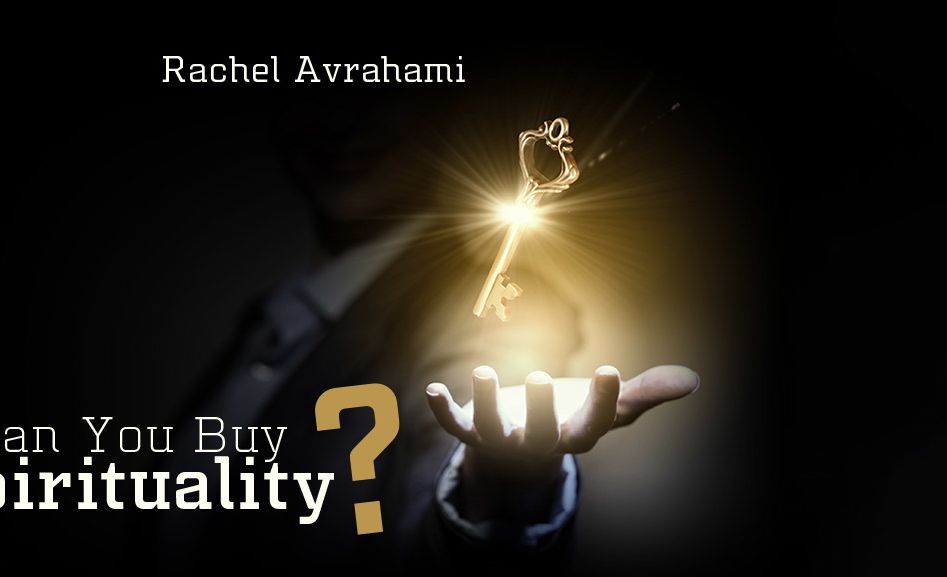


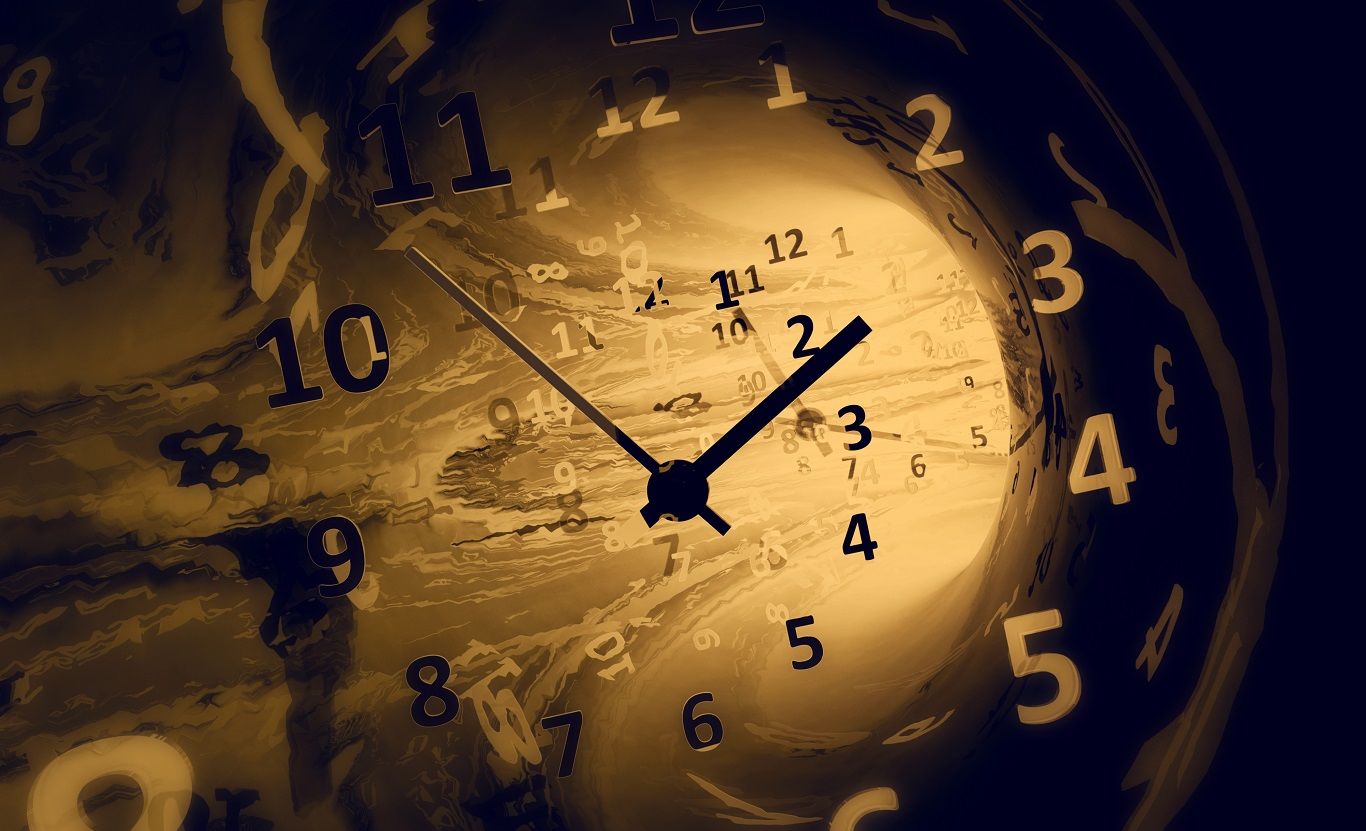
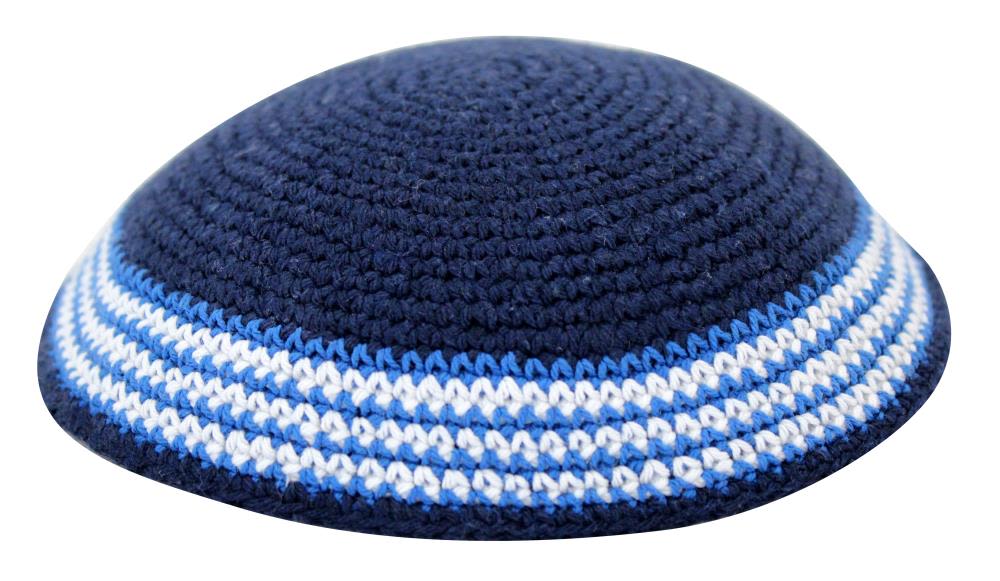
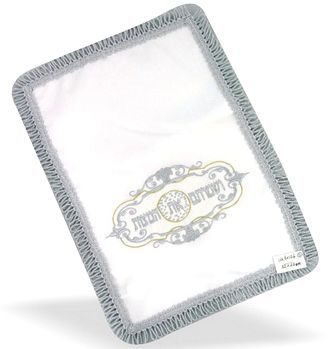
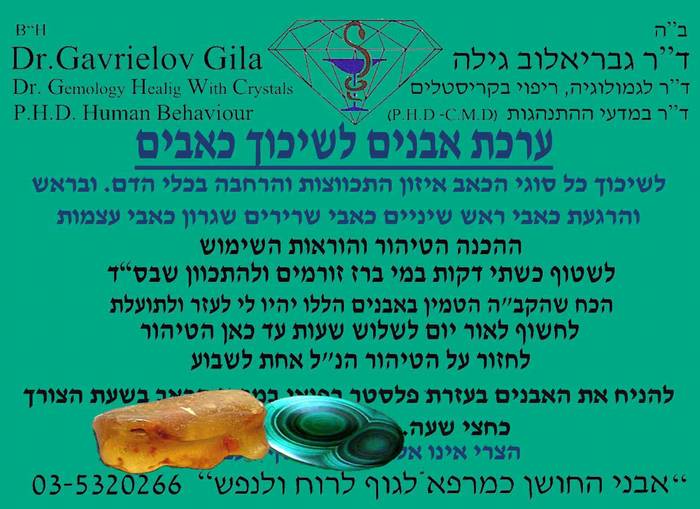

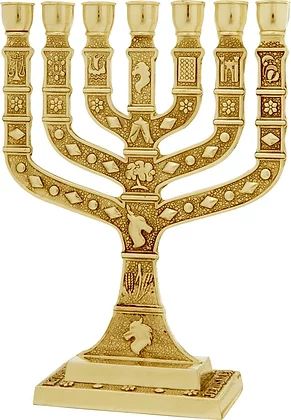
Tell us what you think!
Thank you for your comment!
It will be published after approval by the Editor.